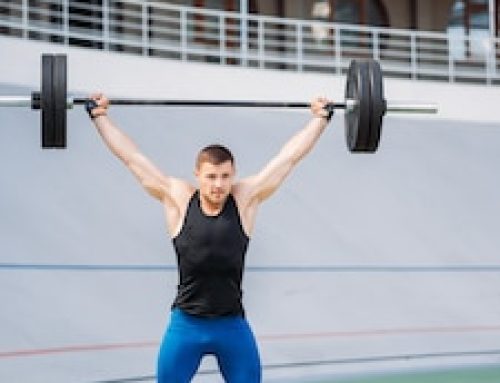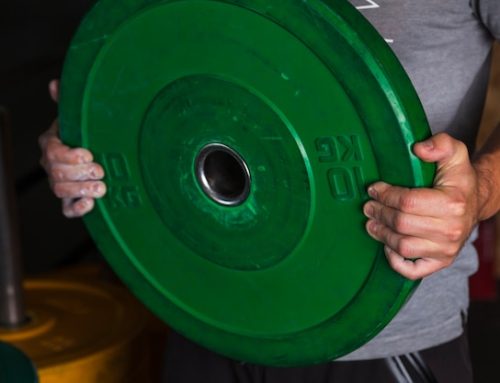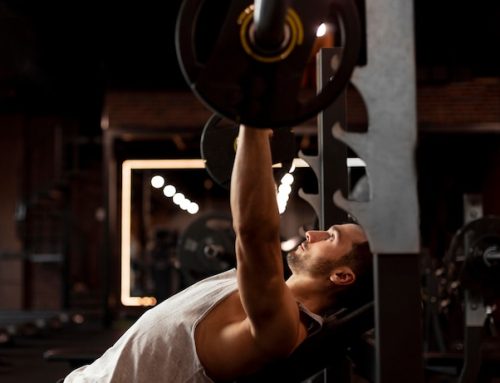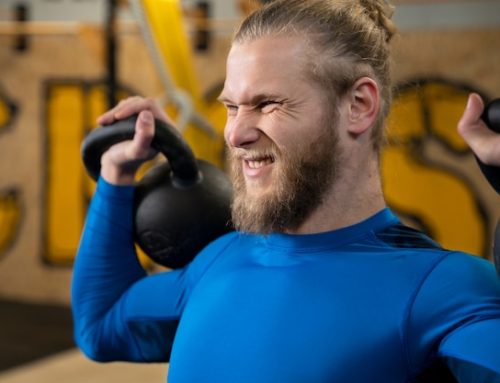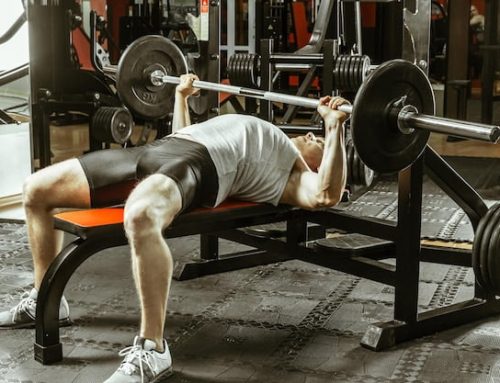The Strongest Physique for High-Rep Weightlifting
When it comes to high-rep weightlifting, having a strong physique is essential. But what exactly is the strongest physique for this type of training?
Firstly, it’s important to understand what high-rep weightlifting entails. As the name suggests, this type of training involves lifting weights for a high number of repetitions. This is typically done with lighter weights than what you would use for low-rep, heavy lifting.
The Importance of Muscle Endurance
One of the keys to success in high-rep weightlifting is muscle endurance. This is the ability of your muscles to perform repeated contractions without fatigue. Having good muscle endurance means you’ll be able to perform more reps before reaching muscle failure.
So, which physique is best suited for high-rep weightlifting? In general, athletes with a lean, muscular physique tend to excel in this type of training. These individuals typically have a higher percentage of fast-twitch muscle fibers, which are better suited for explosive, high-intensity activities like weightlifting.
Endurance Athletes and High-Rep Weightlifting
That being said, endurance athletes can also benefit from high-rep weightlifting. While they may not have as much muscle mass or explosive power as other athletes, they often have superior endurance and cardiovascular fitness. This can translate to better performance in high-rep weightlifting, where the focus is on completing as many reps as possible.
How weightlifting affects the body
Weightlifting, also known as strength training or resistance training, can have several positive effects on the body. Here are some ways in which weightlifting affects the body:
- Increased Muscle Strength and Size: Weightlifting stimulates the muscles, leading to increased strength and size. It promotes the development of lean muscle mass by creating microscopic damage to muscle fibers, which then repair and grow stronger during the recovery process.
- Improved Bone Density: Weightlifting is a weight-bearing exercise that places stress on the bones. This stress signals the body to increase bone mineral density, making the bones stronger and less susceptible to fractures or osteoporosis.
- Enhanced Metabolism: Weightlifting can boost metabolism, even after the workout is completed. Building and maintaining muscle mass increases the body’s calorie-burning capacity, helping to support weight management and improve overall body composition.
- Increased Power and Explosiveness: Weightlifting exercises, such as Olympic lifts or plyometrics, focus on power development and explosive movements. Regular weightlifting can improve an individual’s ability to generate force quickly, which can be beneficial in sports and activities requiring speed and power.
- Improved Joint Health and Stability: Proper weightlifting technique and form can strengthen the muscles around the joints, enhancing stability and reducing the risk of injuries. It can also help in rehabilitating and preventing common joint issues, such as knee or shoulder problems.
- Enhanced Functional Performance: Weightlifting exercises often mimic or improve movements used in daily activities or sports. It can enhance functional performance by improving strength, balance, coordination, and overall physical capabilities.
- Mental Health Benefits: Weightlifting is not just physically beneficial but also has positive effects on mental health. It can help reduce stress, boost mood, improve self-confidence, and enhance overall well-being.
It’s important to note that weightlifting should be approached with proper form, technique, and progression. Working with a qualified strength and conditioning coach or seeking guidance from professionals can help ensure safe and effective weightlifting practices.
Additionally, individual responses to weightlifting can vary based on factors such as genetics, training intensity, nutrition, and recovery. Therefore, it’s essential to tailor weightlifting programs to personal goals, abilities, and preferences.
The Role of Body Composition
Another important factor to consider when determining the strongest physique for high-rep weightlifting is body composition. Athletes with a lower body fat percentage tend to have better muscle definition and a higher strength-to-weight ratio. This can give them an advantage in high-rep weightlifting, where lighter body weight can make a big difference in performance.
The Impact of Gender on High-Rep Weightlifting
Gender can also play a role in determining the strongest physique for high-rep weightlifting. Men tend to have a higher percentage of lean muscle mass and greater upper body strength, which can give them an advantage in exercises like the bench press and pull-ups. However, women often have superior lower body strength and endurance, which can make them well-suited for exercises like squats and lunges.
Examples of Strong Physiques for High-Rep Weightlifting
To illustrate some examples of strong physiques for high-rep weightlifting, let’s take a look at some notable athletes in this field.
First up is Rich Froning Jr., a four-time CrossFit Games champion. Froning is known for his impressive muscular physique, with a relatively low body fat percentage. This combination of lean muscle mass and low body fat makes him well-suited for high-rep weightlifting, where endurance and strength-to-weight ratio are key.
Next is Camille Leblanc-Bazinet, a Canadian CrossFit athlete and 2014 CrossFit Games champion. Like Froning, Leblanc-Bazinet has a lean, muscular physique with relatively low body fat. She’s known for her exceptional endurance and can complete hundreds of reps in a single workout.
Finally, we have Mart Seim, an Estonian weightlifter who competes in the super heavyweight category. Seim has an impressive amount of muscle mass and immense upper body strength, making him well-suited for exercises like the snatch and clean and jerk. While he might not have the same level of endurance as athletes like Froning and Leblanc-Bazinet, his explosive power and strength allow him to lift incredibly heavy weights for multiple reps.
Conclusion
So, what’s the strongest physique for high-rep weightlifting? Ultimately, it depends on a variety of factors, including muscle endurance, body composition, and gender. Athletes with a lean, muscular physique tend to excel in this type of training, but endurance athletes and even some heavier weightlifters can also perform well. Regardless of your body type, consistency and dedication are key to improving your performance in high-rep weightlifting.

